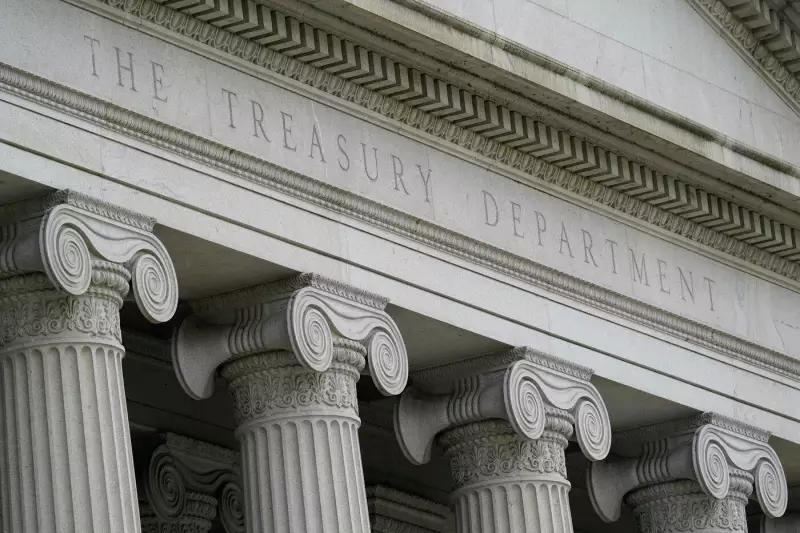
In a significant move against state-sponsored cybercrime, the United States has unleashed a powerful sanctions package targeting North Korean financial operatives accused of laundering millions in stolen cryptocurrency to fund the regime's controversial weapons programs.
The Digital Money Trail
The U.S. Treasury Department's Office of Foreign Assets Control (OFAC) has identified and sanctioned several North Korean bankers and their associates operating across multiple countries. These individuals are allegedly part of an elaborate network designed to convert stolen digital assets into hard currency for Pyongyang's military ambitions.
According to intelligence reports, the sanctioned operatives have been instrumental in processing cryptocurrency obtained through sophisticated cyber heists, including the staggering $625 million Axie Infinity Ronin bridge theft that rocked the crypto world in March 2022.
Global Network Exposed
Investigators have traced the money laundering operation across borders, with key players operating from various locations including:
- Vietnam, where multiple individuals facilitated cryptocurrency conversions
- China and Russia, where additional network members operated covert financial channels
- Multiple virtual currency exchanges complicit in processing illicit funds
Funding Nuclear Ambitions
The timing of these sanctions is particularly significant, coming just days after North Korea conducted its latest intercontinental ballistic missile test. U.S. officials emphasize that the revenue generated through these cryptocurrency schemes directly supports the regime's prohibited weapons development programs.
"These sanctions target the financial engines that power North Korea's dangerous military provocations," stated a senior Treasury official. "By cutting off these revenue streams, we're directly impacting their ability to fund illegal weapons programs."
Broader Implications for Crypto Security
This action represents one of the most comprehensive U.S. responses to state-sponsored cryptocurrency theft to date. The sanctions effectively freeze any U.S. assets belonging to the designated individuals and prohibit American citizens and businesses from conducting any transactions with them.
The case highlights growing concerns about the vulnerability of decentralized finance platforms and the increasing sophistication of state-backed cybercriminal operations targeting the digital asset space.
Financial security experts warn that as traditional banking sanctions tighten, rogue states are increasingly turning to cryptocurrency as an alternative funding mechanism, creating new challenges for global financial regulators and law enforcement agencies.





